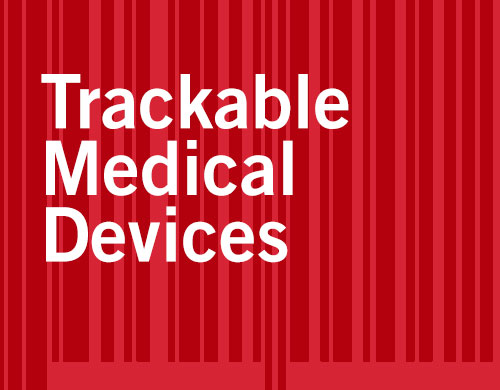 January 7, 2016
January 7, 2016 Five years ago, Mercy Hospital in Springfield, Missouri began a Unique Device Identifier (UDI) pilot project — a program to track implanted medical devices. The project has financial backing from the U.S. Food and Drug Administration (FDA). With a new grant from the FDA, Mercy Hospital reportedly is set to receive up to $5.2 million in the next three years. The additional funding will allow the Mercy Hospital team to create a new medical device evaluation system.
Missouri’s Mercy Hospital Developing System for Tracking Implanted Medical Devices
Health care workers rely on UDIs to keep track of medical devices by using electronic health records and scannable bar codes. Mercy Hospital has been working to develop a program that focuses in particular on coronary stents. The UDIs make it easier to identify a problem when a stent malfunctions.
According to Mercy cardiologist Dr. Joseph Drozda, the barcodes are similar to those that have long been used in consumer goods. Some medical device makers use barcodes in their stents, but the barcode information has been useful only to the manufacturer. The barcodes developed in the Mercy Hospital project will contain information that can be shared by anyone at the FDA, or someone with access to the FDA’s global UDI database.
One seemingly simple but valuable benefit to the UDI program is that it uploads information about an implanted medical device into a patient’s electronic health record. Without the UDIs, surgeons often spend up to half an hour before a procedure just to verify the specific device that needs to be replaced. Even then, in 40 percent of cases, doctors are unsure of the device they’re removing until the patient is on the operating table, which can create a safety issue for the patient. With the UDI, medical providers with access to patients’ electronic medical records will be certain of the specific device causing a problem.
UDIs will also be helpful for the development of more effective medical devices. The barcodes will show how implanted devices perform in the real world. Eventually, UDIs will be commonplace for all sorts of medical devices, including everything from an orthopedic implant to a syringe.
Contact Waters Kraus Paul & Siegel to Learn More About Filing a Defective Medical Device Lawsuit
Waters Kraus Paul & Siegel is a national plaintiffs’ law firm devoted to helping families in personal injury and wrongful death cases involving defective medical devices, including metal-on-metal hip implants, transvaginal mesh and IVC filters. If you have suffered injuries or the death of a loved one associated with defective medical devices, contact us by email or call us at 800.226.9880 to speak with one of our attorneys, like Sara Coopwood in the firm’s Texas office, and learn more about how we can assist you with a medical device lawsuit or claim.


